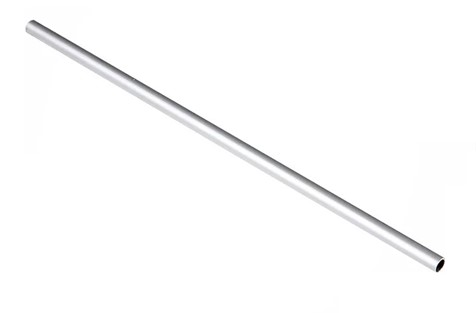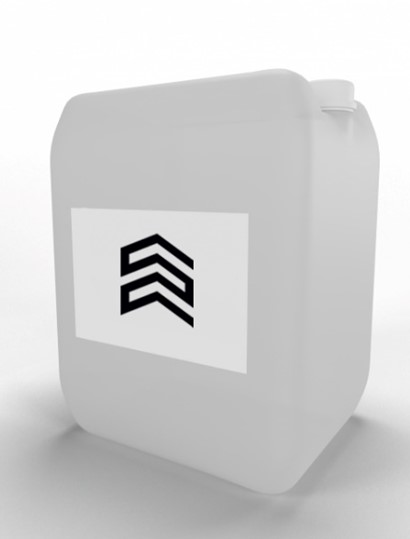Putin signed a decree on retaliatory measures to the oil price ceiling

The official portal of legal information has published a decree by President Vladimir Putin on retaliatory measures to the ceiling mechanism for Russian oil prices introduced by some countries . it follows from the decree that the supply of Russian oil and oil products to foreign citizens and companies is prohibited if the contracts "directly or indirectly provide for the use of the mechanism for fixing the marginal price." The ban on oil supplies will be in effect for 5 months - from February 1 to July 1, 2023. The duration of the ban on the supply of petroleum products to such countries will be determined by the government.
Exceptions for the supply of oil and oil products can be made on the basis of a "special decision" of the president, the document says.
Western countries have set a price ceiling for Russian oil.What does it mean Business
The regime of limiting the price limit for oil supplies from RUSSIA, which was introduced by Western countries, has been in effect since December 5. The cap price is set at $60. The price ceiling was approved by the G7 countries (G7: usa , UK, Germany, France, CANADA, Italy and Japan), as well as the European Union and Australia. In addition, from December 5, the European embargo on the supply of Russian crude oil by sea began to work, and from February 5, 2023, an embargo on Russian oil products will be introduced.
But the European Union decided to establish a 45-day transition period after the date of the introduction of the ceiling on oil prices from Russia. It will apply to raw materials loaded before December 5 and unloaded before January 19.
The ban on exports to these countries will apply "at all stages of supply to the final buyer," Putin's decree says. But the government still has to adopt acts aimed at implementing the ban and determine the procedure for monitoring its implementation. Based on this procedure, monitoring will be carried out by the Ministry of Energy “on a regular basis”. The department will also be given the right, in agreement with the Ministry of Finance, to give official clarifications on the application of the decree.
The implementation of monitoring and the technical implementation of measures to comply with the ban are the most interesting issues, but, based on the fact that they have not yet been fully agreed upon in the government, only hypotheses can be built here - it is quite possible to carry out monitoring using data from the Federal Customs Service and other countries that can be obtained upon request, suggests the managing partner of the law firm "Ickert and Partners" Pavel Ickert. He admits that the government will create a special commission to monitor the implementation of the requirements of the decree.
Read on RBC Pro Non-resident error: how Russian companies prohibit work from abroad EU banks refuse to serve Russians. How to protect your rights What will happen to the ruble in 2023: forecasts of US economists will transfer production to "friendly" countries.But keeping track of oil supplies may not always be an easy task if oil is sold through an international trader, the expert warns. “In this case, additional wording may be needed to clarify their responsibility in the event of the implementation of non-transparent schemes, but I believe that there are still more obvious reasons not to violate the ban, since the market is already beginning to rebuild based on new price conditions, and there are sufficient prospects outside the sites of unfriendly countries,” he notes.
Even before the introduction of the price ceiling, the Russian authorities repeatedly warned that Moscow would not supply oil to those countries that would support it. Deputy Prime Minister Alexander Novak said that Russia would reorient supplies "to market-oriented partners" or cut production. Attempts to limit oil prices will lead to destabilization of the oil industry, and first of all, European and American consumers, for whom energy resources have already risen in price, will have to pay, he noted. Putin warned in July that Western countries were stepping on “the same rake” as with Russian gas because oil prices would “go sky high” as a result.
Read together with it:
- Whitaker said "crushing" sanctions against Russia await approvalMatthew WhitakerA bill for "crushing" US sanctions against RUSSIA is in Congress and awaiting the green light, US Permanent Representative to NATO Matthew Whitaker said in an interview.BLOOMBERG . He added that US President Donald Trump supported the bill , proposing to include measures against Iran. According to Whitaker, Trump's efforts to secure peace in Ukraine have stalled, as Russian Preside...
- Graham said Trump is calling for a push for sanctions against Russia.Trump, while playing golf on Sunday, urged the Senate Republican leader to advance a bill calling for "crushing sanctions," said Graham, the bill's author. Its consideration has been delayed several times. Lindsey GrahamRepublican Senator Lindsey Graham, co-author of a bipartisan bill on "crushing" sanctions against RUSSIA, said US President Donald Trump called for the bill to advance in Congress....
- Investment and household income growth: Ministry of Economy on the results of January-OctoberNovember 19, MINSK . Sustainable economic performance is ensuring high investment growth and real incomes, the Economy Ministry's press service told BELTA. As Belstat previously reported, the GDP growth rate for the first 10 months amounted to 101.5%. "Construction (109.5%), information and communications (1......





























































